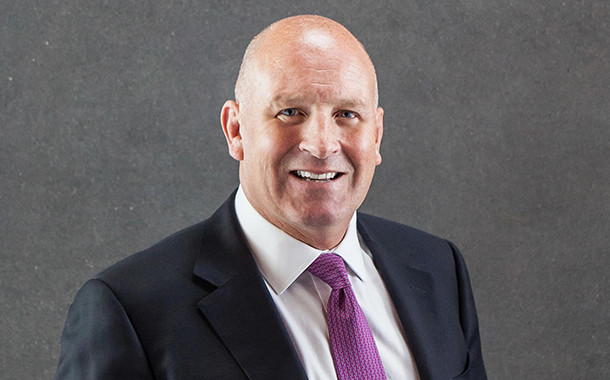The majority of employees in the UAE think businesses should provide more physical and mental health support through technology, with apps, wearables and online services high on the list of demands, according to new research published by Aetna International. However, there is also clear concern around the use of personal health data by employers on an individual basis, according to the global survey involving over 4,000 employees in the US, UK, UAE and Singapore.
Whether it is via smart watches, fitness trackers or applications, the study found that 75% of UAE employees believe their employer can help them manage physical health better through technology while 66% say the same of their mental health. Additionally, 75% believe access to physical health services provided by their employer through their phone would help them manage physical health better, while 64% said the same for mental health services.
However, the findings also highlight employee concerns around personal health data being used by employers or shared with third parties. 66% of UAE employees worry it could one day be used as a criteria for promotion and a similar number that it might be a means of establishing salary grade, 67%. Most employees surveyed had concerns about their employer sharing their personal health data with third parties, 61%, or government agencies or institutions, 64%.
Circumstances where employees indicated they would willingly share their health data include helping to improve health and wellness benefits offered across the business, 87%, and helping their business to offer more personalised health benefits, 80%. The same number, 80%, also said they would share personal health data if it helped to improve company culture, while 82% would do so to help improve workplace policies.
David Healy, CEO, EMEA, Aetna International, said: “Technology has not only revolutionised how we collaborate, communicate and work, but also how organisations help support and improve employee health and well-being. Particularly in the current climate, high-tech, high-touch corporate well-being strategies that include apps, devices, and virtual access to care services are high on the list of employee demands. Businesses have a significant opportunity to embrace technology and innovation and fundamentally change their values, culture and approach to employee health.”
“Of course, with more digital innovation, comes more data, and a greater need to alleviate employees’ concerns about the use of their health data. Interestingly, our research shows that when data is used responsibly, many people are open to sharing anonymised health data. This suggests employees understand the powerful role technology can play in enabling and informing a business’s strategies.”
“All employers are responsible for the privacy and protection of their employees’ health data, ensuring that individuals retain ownership and control. If handled correctly, it presents an incredible opportunity for employers to foster trust, and for all parties to help shape the corporate culture and approach to workforce health and well-being,” concluded David Healy.



















